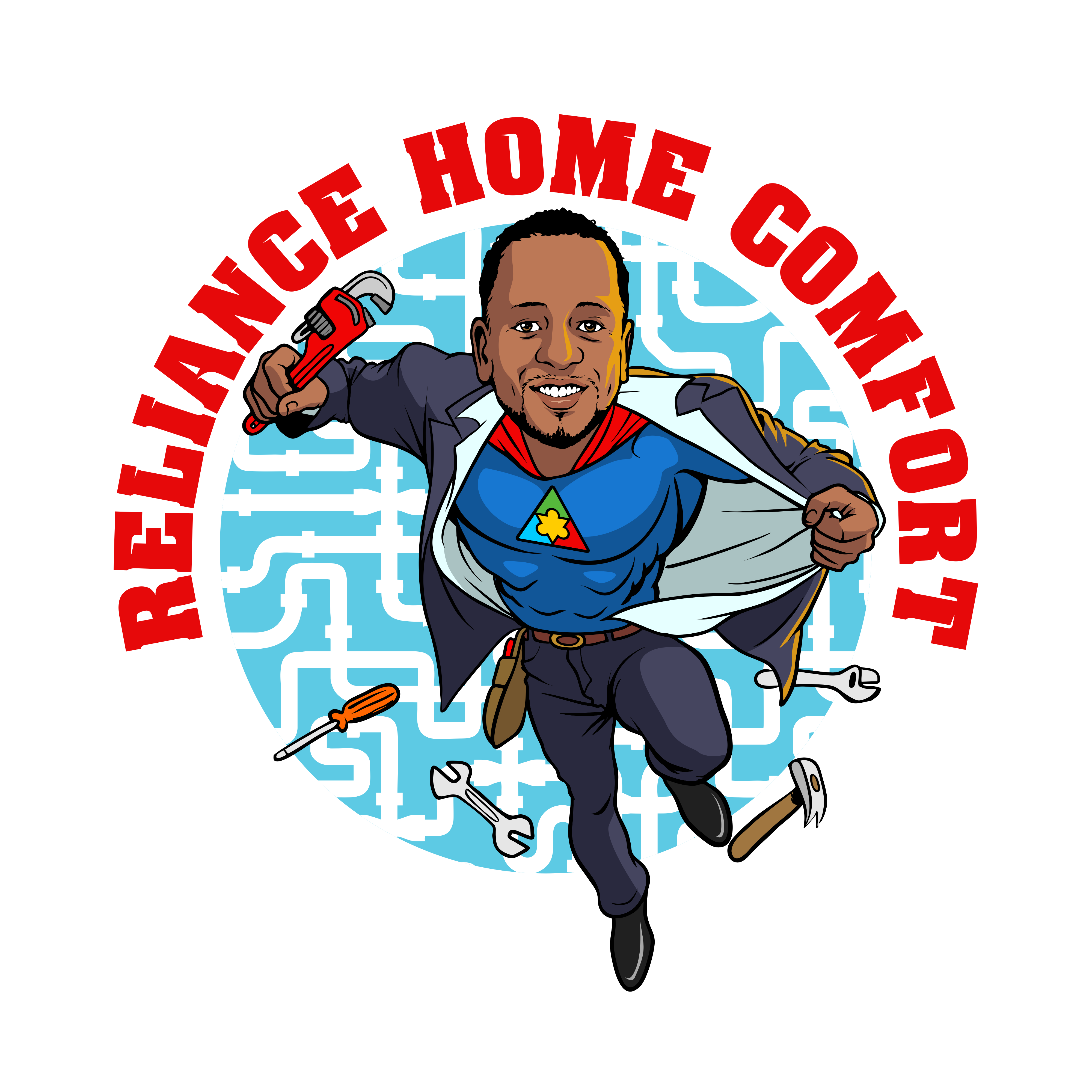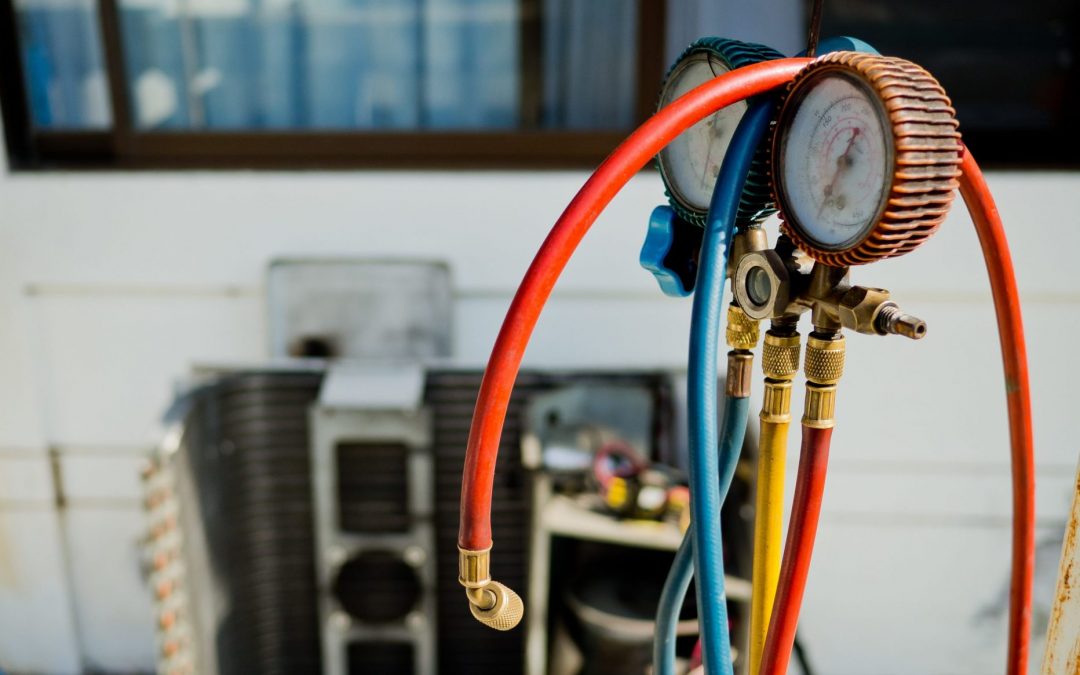With the cold weather season in full force, knowing your heater is working efficiently is really important for the health and comfort of your loved ones. Knowing when your heating system might be at the end of its life is key for planning, and for making sure your family doesn’t end up in the cold. While fall maintenance for your HVAC can help a furnace to continue working for a little while, eventually all furnaces and heating systems must be replaced. Here are a few tips on how to know the end is near:
- Age of furnace – knowing how old your furnace is can help you plan ahead and save for the future, when you will have to replace your existing furnace. Furnaces generally last anywhere from 15 to 30 years, depending on the quality, how well it is taken care of, how often it is used, and what type of fuel it uses. Gas furnaces are expected to last 15 to 20 years, while electric furnaces have a lifespan of 20 to 30 years. To extend the life of your existing furnace (regardless of if it’s electric or gas), and to make sure it is operating efficiently, schedule a yearly maintenance visit from a trained HVAC specialist. The longer your furnace is operational, the more money you save. New furnaces range from about $2,700 to $6,700. If a $4,000 furnace lasts 10 years, that’s $400 a year for the furnace. The same furnace, that has been well-maintained, could last 13 years, which is about $307 a year. Knowing the age of your furnace can help you calculate when you might need to purchase a new one, and to know if a repair is worth it.
- Temperature – if you notice that the temperature seems to fluctuate in your home, it could be a warning sign that your furnace needs to be replaced. After 15 years furnaces become less efficient and aren’t able to move and distribute warm air throughout your home as well as a newer furnace can. If you notice a difference in temperature you should schedule an appointment with a trained HVAC technician so they can look at the furnace and determine if it is something that can be repaired or if it is time to start looking for a new furnace.
- Soot – as a furnace makes heat to warm your home, it also produces carbon dioxide. Soot near the register of your furnace can indicate that too much carbon dioxide is being produced. Not only is this dangerous for your family’s health (furnace’s can be the cause of carbon monoxide poisoning), it is also an indication that your furnace may be getting toward the end of its life. Regular maintenance by a trained HVAC specialist can help to keep your family safe and know when your furnace needs a replacement.
- Noises – rattle, boom, pop, hum, click, screech. These are all noises that your furnace can make, and it is important to take note of them so that you can tell your HVAC specialist the type of noise. A rattle might indicate loose air ducts or equipment, while a popping noise could mean fluctuations in the furnace’s interior temperature. Screeching sounds might be caused by a damaged furnace blower motor, a pulley, or belt. A clicking noise could show that the ignitor or flame sensor needs repair or replacement. If you hear a boom, it could be caused by a problem with the gas emission feature. If there is a smell of gas that lingers, you definitely need to call a professional to inspect ( and probably replace) your furnace.
- Bills – If you notice a significant increase in your heating bill during the colder months, it could be that your furnace is not working efficiently to heat your home. It is using a lot more energy to produce the same amount of warm air. Depending on how much your energy bill has gone up, it may be time for a new furnace. If you are spending an extra $20 to heat your home, that may not seem like much, but that is $20 that could be going toward the cost of your new furnace.
- Repairs – just like a car, there comes a point in every furnace’s life when the cost to fix it is too much – it would be smarter to buy a new one. Having a trained HVAC specialist, who is familiar with your furnace, can be especially helpful in these moments. They can help you decide if the repair is really worth it, or if you need to save the money and put it toward a new furnace.
Having a trained HVAC specialist you can rely on is helpful in determining when to replace a furnace or heating system, but also for yearly maintenance, which can significantly extend the lifespan. Don’t wait until your heating system has stopped working, contact Reliance Home Comfort today to schedule your next maintenance visit.

